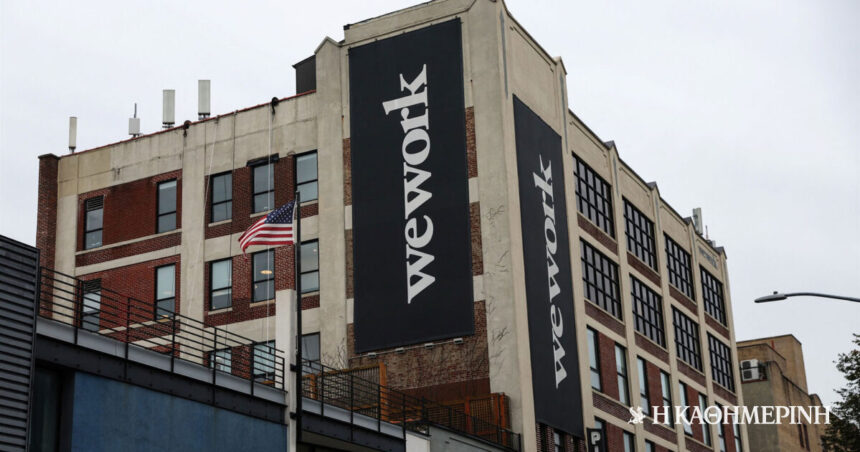In a last-ditch effort to reduce its debts and streamline its massive property portfolio, the WeWork –the giant who offered to start-ups and private state-of-the-art spaces to pursue their business dreams – filed for bankruptcy, after several failed recovery attempts. The mounting debts of over 18 billion dollarshigh interest rates and the large number of people now working from home, added to an unsustainable business model, which began to “undress” in recent years.
WeWork, known for its flexible leasing, was once considered the future of office space, but it relied on rampant growth to cover huge operating costs and failed. The bankruptcy filing is limited to its registered locations USA and the Canada and is part of a “total reorganization” of the business, which in 2019 had seen its value jump to 47 billion dollars. Part of the restructuring plan includes reducing the number of leases. “WeWork is requesting the option to reject the leases of certain locations, which are largely non-functional, and all affected members have been given advance notice,” the company said.
It lists 660 locations in 37 countries on its website, up from 764 locations in 38 countries about two years earlier, and in June leased office space totaling nearly 2 million square feet, more than any other company in the US.
One of the most valuable early stage startups, WeWork was founded in 2010 by Adam Newman and her story, like that of the former strongman, became better known when Apple TV launched a series about her spectacular rise and deafening fall called “WeCrashed.” After its impressive launch, however, it experienced a series of problems, from a disastrous attempt to go public in 2019, to the sudden departure of its co-founder. Its shares have lost almost all of their value since its debut in October 2021. The company, which is backed by Japanese investment firm SoftBank suffered massive losses thanks to corporate governance gaps and Newman’s mismanagement, Reuters reported. Several executives left, including the CEO Sandeep Matrani in May and three board members in August 2023.
The final “blow” was delivered by the COVID-19 pandemic that brought about a change in work data, with the explosion of working from home. “WeWork was a great idea when it started,” Jane Sydenham, investment director at Rathbones, tells the BBC. “We all know that flexible working and the ability to use offices on an ad-hoc basis is a great opportunity. But I think the problem with WeWork was that it opened up too much, borrowed too much money, took on too many spaces too quickly, and never really did the due diligence that a company is supposed to do.” WeWork has also been rocked by rising interest rates, which have made borrowing more expensive.




